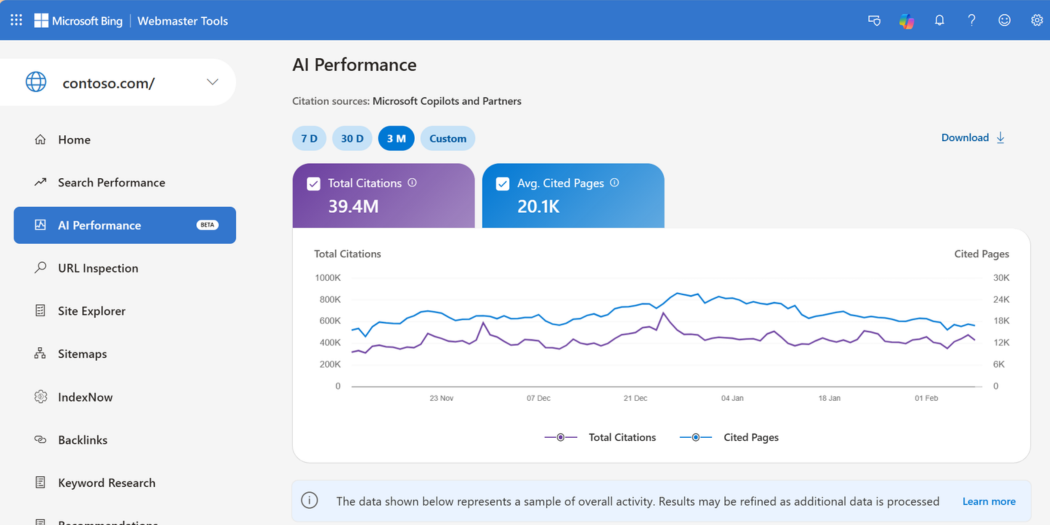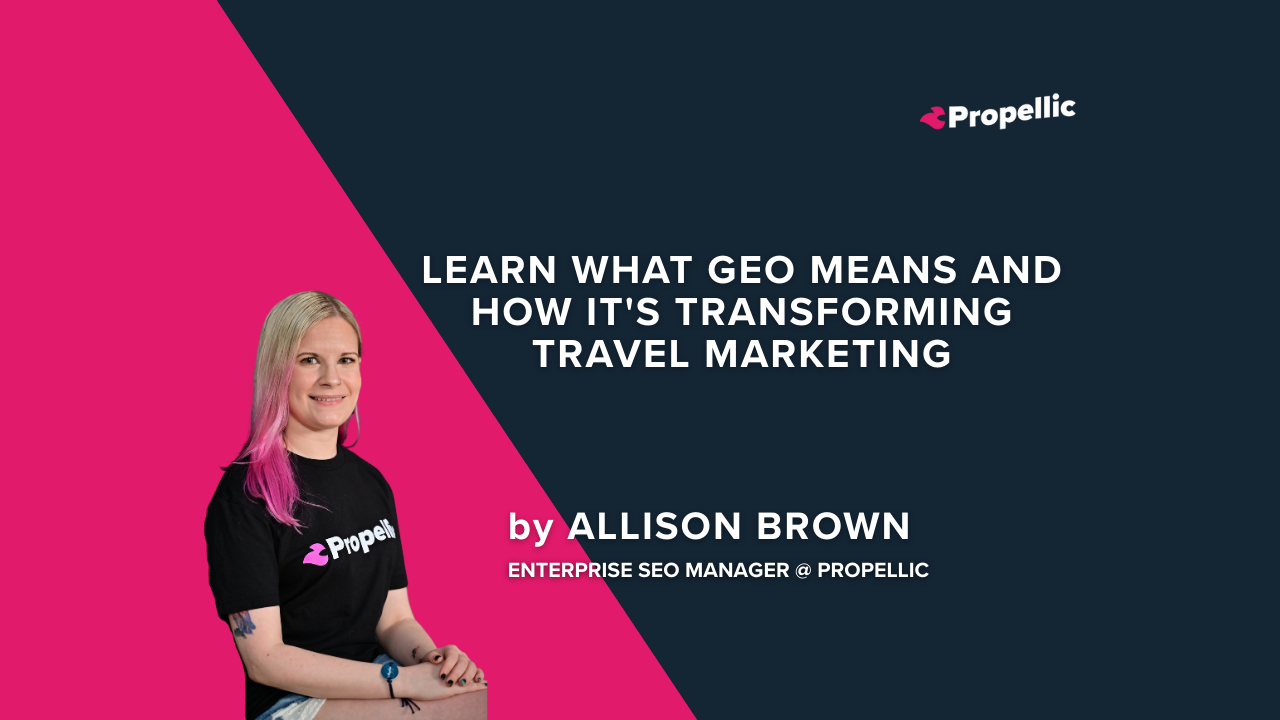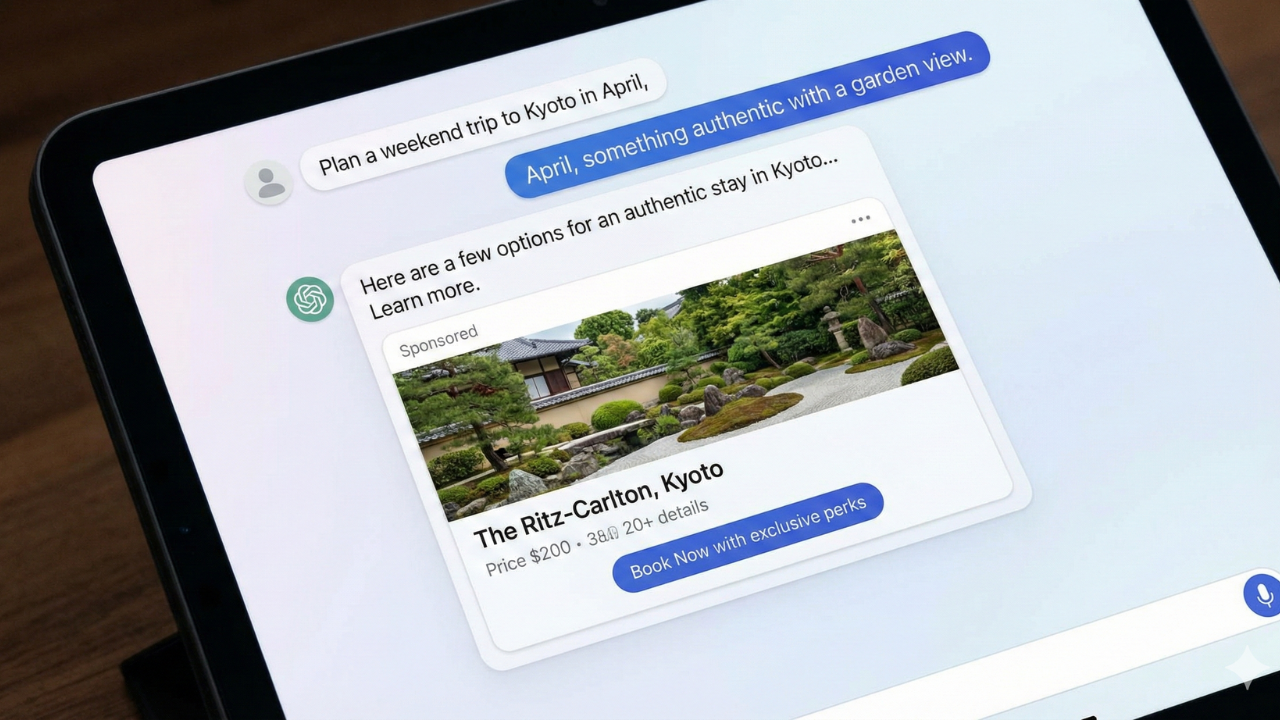AI is rewriting the rules of travel search, we know that. This issue is a new guide to staying ahead.
Inside, we break down Google's next big move as its AI shifts from 'answering' to 'acting,' explore a critical new lifeline for publishers, and announce our groundbreaking research on how users book with AI (coming in September).
Here's what you need to know.
Google's Preferred Sources: A Pathway Into AI Overview Dominance
.png)
By: Eric Wimsatt, Associate Director of SEO @ Propellic
Google recently launched "Preferred Sources" in the U.S. and India – a feature that lets users customize their Top Stories results by selecting favorite publishers. For travel publishers watching AI Overviews increasingly dominate informational keywords, this feature offers a crucial lifeline.
The Strategic Context
AI Overviews are capturing top-of-funnel informational searches – the bread and butter of travel publishers. Queries like "best time to visit Japan" or "Barcelona travel tips" increasingly show AI-generated summaries before any organic results. The Preferred Sources feature provides a way for publishers to maintain visibility despite this shift.
When users select a site as a preferred source, that publisher's fresh content gets prioritized placement in Top Stories – prime real estate that still sits above standard organic results and often alongside AI Overviews.
Our Standard Recommendation: Multi-Channel Button Implementation
We're making the Preferred Source button a standard recommendation for all informational travel publishers. Here's the implementation strategy:
On-Site Placement:
- Homepage header (persistent)
- End of article content
- Newsletter signup confirmations
- About pages
Off-Site Promotion:
- Email campaigns: Help support trusted travel journalism – add us as a Preferred Source on Google
- Social media: Regular posts encouraging followers to add the publication as a preferred source
- Podcast mentions: Audio CTAs for listeners to support the brand by adding as preferred source
- YouTube descriptions: Links and calls-to-action in video content
The Message That Resonates
Frame this as readers supporting quality travel journalism.
Suggested messaging:
"As AI-generated content floods search results, your support matters more than ever. Add us as a preferred source on Google to ensure you keep seeing trusted, first-hand travel reporting from real journalists who actually visit these destinations."
Why This Matters Now
With AI Overviews answering basic travel questions, publishers need every advantage to maintain their audience relationships. The Preferred Sources feature isn't just about visibility – it's about building a direct connection with readers who value human expertise and on-the-ground reporting over AI-generated summaries.
Early Google data shows over 50% of users select four or more preferred sources, indicating strong user interest in curating their own trusted information sources. Travel publishers who move quickly can capture their share of these selections before competitors.
Implementation Resources: Google Publisher Center provides ready-to-use button assets and code at https://support.google.com/news/publisher-center/answer/10598160
Bottom line: As AI Overviews reshape the search landscape, the Preferred Sources button is a defensive must-have that helps travel publishers maintain their connection with engaged readers.
From Search to Purchase
.png)
The speculation is over.
While Google's AI tools are changing how people plan travel, marketers have lacked the data to adapt—until now.
Announcing "From Search to Purchase: How AI is Disrupting Every Stage of Travel Booking." This is the first statistically-validated study showing how real travelers use AI to search and book.
It's a playbook designed for travel leaders, filled with easy-to-understand data, expert commentary, and clear, actionable insights.
Get ready for the data you've been waiting for, presented in a way you can actually use.
The full report launches in September.
From Answering to Acting: The Next Phase of Google's AI
.png)
By: Brennen Bliss, CEO @ Propellic
AI Mode is no longer just for searching, it's for doing.
This release is the first step towards making AI Mode (which we believe to be the future of search and Google.com) an agent that acts on your behalf - starting with restaurant reservations.
Google is triggering Mariner (their version of ChatGPT Agent/Manus, which has been around longer than ChatGPT Agent) to act on the user's behalf, and it looks like we're going to see these features across event tickets and appointments (haircuts, etc.) soon.
This seems a bit silly to me in its current state. Google's press release says they're working directly with partners like StubHub, Resy, OpenTable, etc...So they're using inordinate levels of processing power to spin up a virtual browser and run each screenshot through an LLM, rather than just connecting via APIs (which, by the way, they already integrate with in "Reserve with Google" features).
There is definitely a place for AI... not sure if this is it...It does show us that Google's vision for the future of search is conversational, with fewer and fewer reasons to leave the primary search experience. That shouldn't surprise anyone here.

Head of Marketing - Remote Global or Austin, TX
Head of AI Video - Remote Global or Austin, TX
Full-stack Web Developer - Remote Global
Senior Paid Media Strategist, Innovation & AI - Remote North America or Austin, TX
Head of AI Visibility Optimization / GEO - Remote Global or Austin, TX



Want To Level Up Your Travel Marketing?
Subscribe to the NavLog, our bi-weekly travel marketing roundup, where you’ll be the first to know about breaking news that impacts travel marketers and access exclusive performance marketing strategies and practical tips you can implement from the marketers at the leading edge of the travel industry.


.png)



